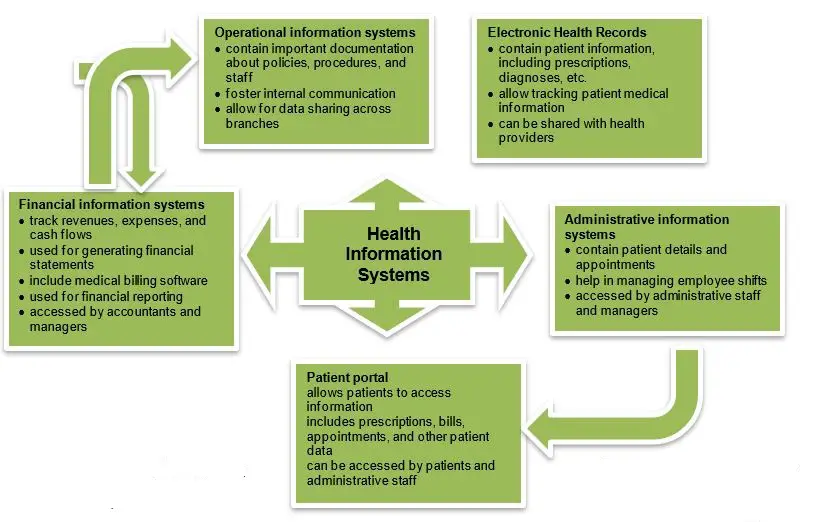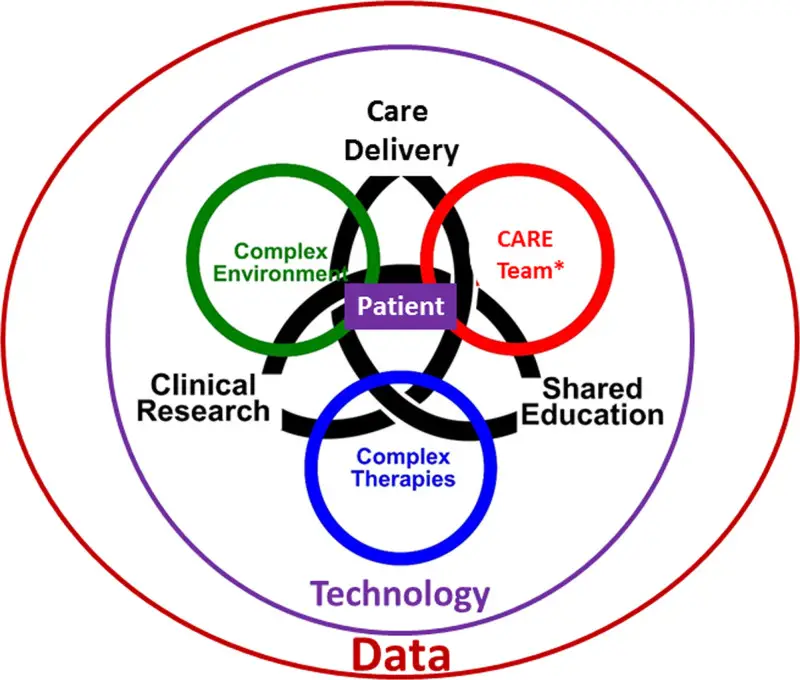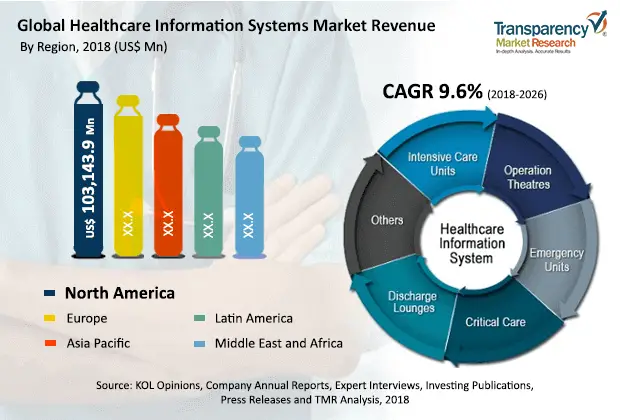Critical Role of CDN in Healthcare Information Systems

1. Fast and Reliable Data Transfer:

- CDN distributes healthcare data across multiple servers, reducing latency and providing a consistent user experience for accessing medical records, diagnostic images, and other critical information.
- This ensures timely and efficient access to patient data, regardless of geographic location or network congestion.
2. Scalability and Availability:

- Healthcare data volumes continue to grow exponentially. CDN enables healthcare organizations to scale their information systems efficiently to handle this surge.
- By distributing data across multiple servers, CDN improves system availability even during peak usage periods, ensuring uninterrupted access to critical information.
3. Security and Compliance:
- Healthcare data is highly sensitive and must be protected from unauthorized access or breaches.
- CDN can enhance data security by using encryption, access controls, and other security protocols to safeguard patient information and comply with regulatory requirements such as HIPAA and GDPR.
4. Optimization for Medical Images:
- Medical images (e.g., X-rays, MRIs) are essential for diagnosis and treatment but can be large and challenging to transfer.
- CDN’s image optimization capabilities improve image loading speed and quality, enabling physicians to access and review images quickly and efficiently.
5. Remote Patient Monitoring:
- CDN supports remote patient monitoring systems by delivering real-time patient data from wearable devices and sensors.
- This allows healthcare providers to monitor patients remotely, intervene early, and improve patient outcomes.
6. Telemedicine and Video Conferencing:
- CDN enables high-quality video conferencing and telemedicine services, facilitating virtual consultations and remote patient care.
- By optimizing network performance, CDN reduces latency and enhances video clarity, ensuring effective communication between healthcare professionals and patients.
7. Disaster Recovery and Continuity:
- Healthcare information systems require high levels of availability, especially during emergencies.
- CDN provides redundancy and failover capabilities by replicating data across multiple servers. This ensures that patient data remains accessible even if one or more servers experience downtime.
Conclusion:
CDN plays a critical role in healthcare information systems by providing fast and reliable data transfer, scalability, security, image optimization, support for remote patient monitoring and telemedicine, and disaster recovery capabilities. By leveraging CDN, healthcare organizations can improve patient care, optimize operational efficiency, and meet regulatory compliance requirements.
